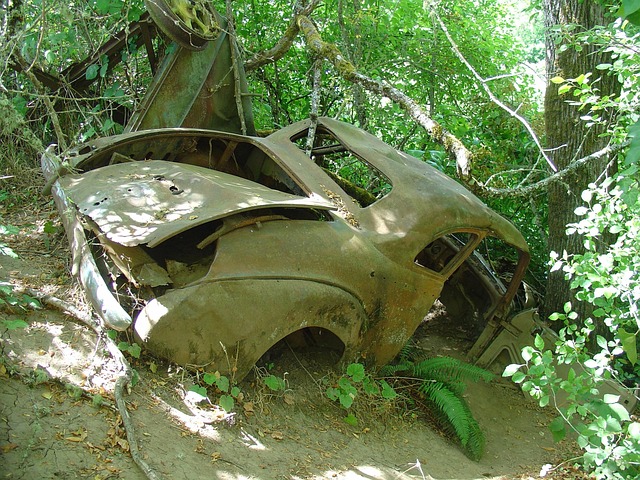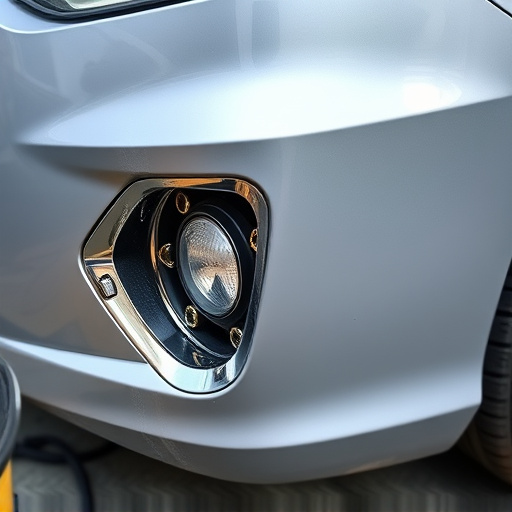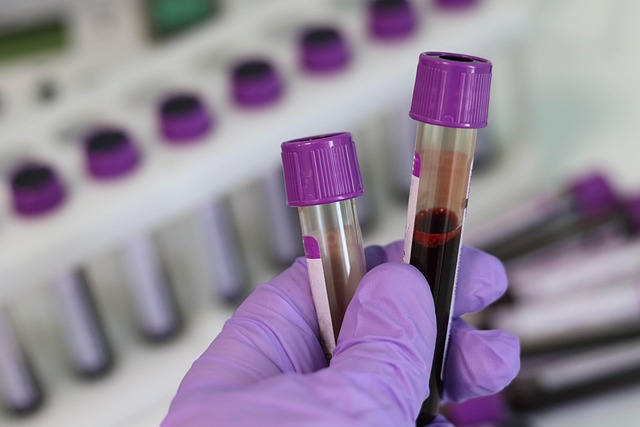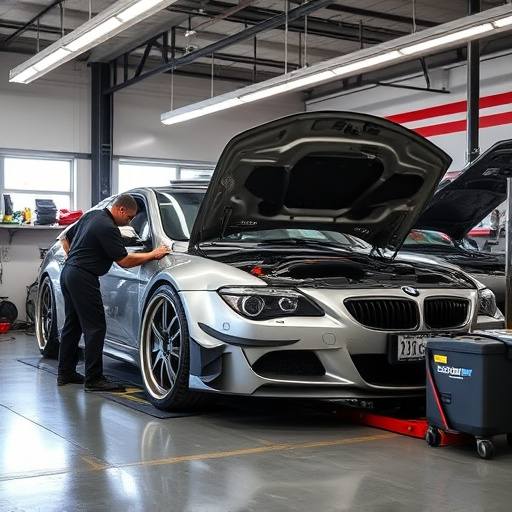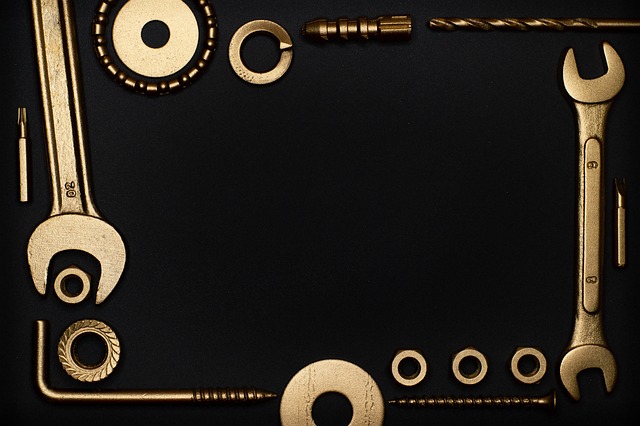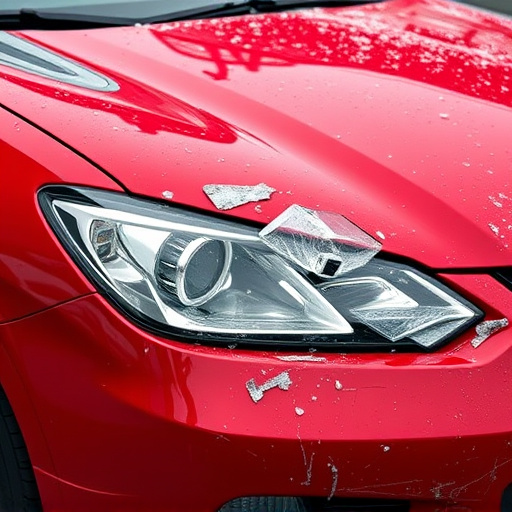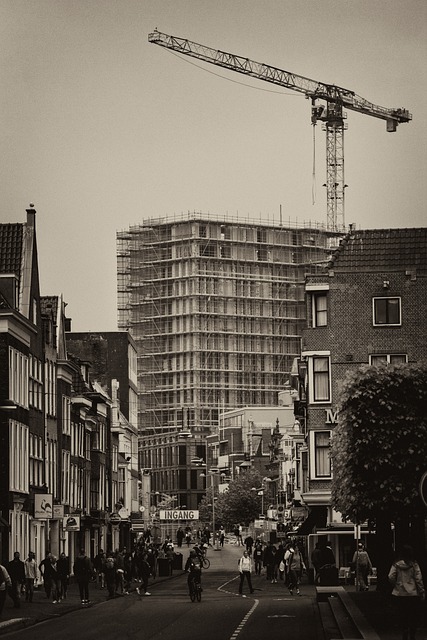By 2025, as vehicles integrate advanced technology, the significance of proper windshield molding replacement remains critical for structural integrity and passenger safety. Traditional moldings act as vital barriers during collisions, and well-maintained systems are essential in collision repair services. Technological advancements, such as 3D printing and digital design software, have revolutionized replacement processes, enhancing quality and efficiency. Future trends focus on sustainable materials and eco-friendly practices, with composite materials and advanced manufacturing techniques reducing environmental impact while maintaining high standards of safety and quality in windshield molding replacement.
In 2025, the importance of windshield molding replacement remains paramount in automotive safety. Despite technological leaps forward, windshield moldings play a crucial role in structural integrity and passenger protection. This article explores the enduring significance of windshield molding in modern vehicles, analyzing advancements that streamline replacement processes while considering environmental factors shaping future molding materials. By examining these key aspects, we underscore why timely windshield molding replacement is vital for both safety and sustainability.
- The Enduring Significance of Windshield Molding in Automotive Safety
- Technological Advancements and Their Impact on Molding Replacement
- Environmental Considerations and the Future of Windshield Molding Materials
The Enduring Significance of Windshield Molding in Automotive Safety

The windshield is a vital component of a vehicle’s safety system, and its molding plays a crucial role in maintaining structural integrity during collisions. Windshield molding replacement is an essential aspect of automotive repair that often goes unnoticed until it becomes a matter of safety. In 2025, as vehicles continue to evolve with advanced technology, the importance of proper windshield molding remains unwavering.
Despite modern innovations, traditional windshield moldings serve as a critical barrier against potential hazards. They help in securing the glass in place, preventing it from shattering and providing a safe environment for occupants in case of an accident. A well-maintained and intact molding system is a fundamental part of any car body shop’s collision repair services, ensuring that vehicles are restored to their pre-accident condition and maintaining the safety standards that protect drivers and passengers on the road.
Technological Advancements and Their Impact on Molding Replacement

Technological advancements have undoubtedly transformed various industries, and the automotive sector is no exception. When it comes to windshield molding replacement, modern technology offers both opportunities and challenges. With advanced materials and precision engineering, manufacturers are creating more sophisticated and durable moldings. These innovations ensure better fit, improved structural integrity, and enhanced aesthetic appeal. For example, 3D printing technology allows for customized and complex designs, catering to the diverse preferences of car manufacturers and consumers alike.
Additionally, digital design software enables auto body repair specialists to access detailed 3D models of vehicles, facilitating precise measurements and accurate replacements. This streamlines the entire process, reducing the time and labor required for windshield molding replacement. Moreover, automation in auto painting processes guarantees consistent color matching and a flawless finish, ensuring that the replaced moldings blend seamlessly with the rest of the vehicle’s exterior. These technological breakthroughs not only expedite repairs but also elevate the overall quality of windshield molding replacements, contributing to safer and more aesthetically pleasing vehicles on the road in 2025.
Environmental Considerations and the Future of Windshield Molding Materials
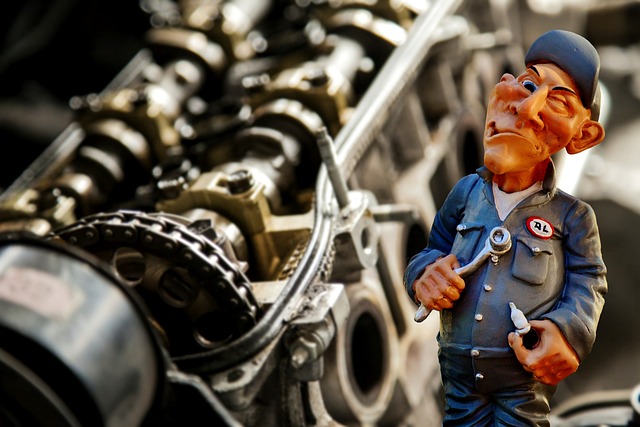
The future of windshield molding replacement is closely tied to environmental considerations and advancements in materials. As we move forward into 2025, the automotive industry is under increasing pressure to adopt sustainable practices and reduce its carbon footprint. In response, car body shops and auto body shops are exploring eco-friendly alternatives for windshield moldings. Traditional materials often contain harmful chemicals and contribute to waste, but new developments in composite materials offer a promising solution. These advanced composites can be made from recycled or biodegradable components, reducing environmental impact and promoting a circular economy.
Furthermore, the evolution of manufacturing techniques allows for more precise and efficient production of windshield molding parts. This not only ensures quality and safety but also minimizes material waste, aligning with the industry’s growing focus on sustainability. With these innovations, car dent repair services can offer customers high-quality replacements while contributing to a greener future, ensuring that windshield molding replacement remains relevant and responsible in 2025 and beyond.
Despite technological advancements, windshield molding replacement remains a vital aspect of automotive safety in 2025. While new materials and designs are explored, the foundational role of molding in structural integrity and passenger protection cannot be understated. As we move forward, embracing eco-friendly solutions for molding materials further solidifies its enduring significance in the ever-evolving automotive landscape.


